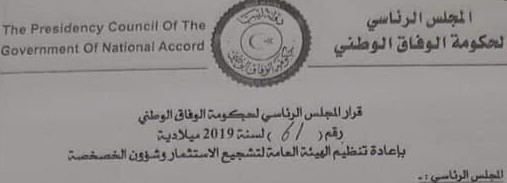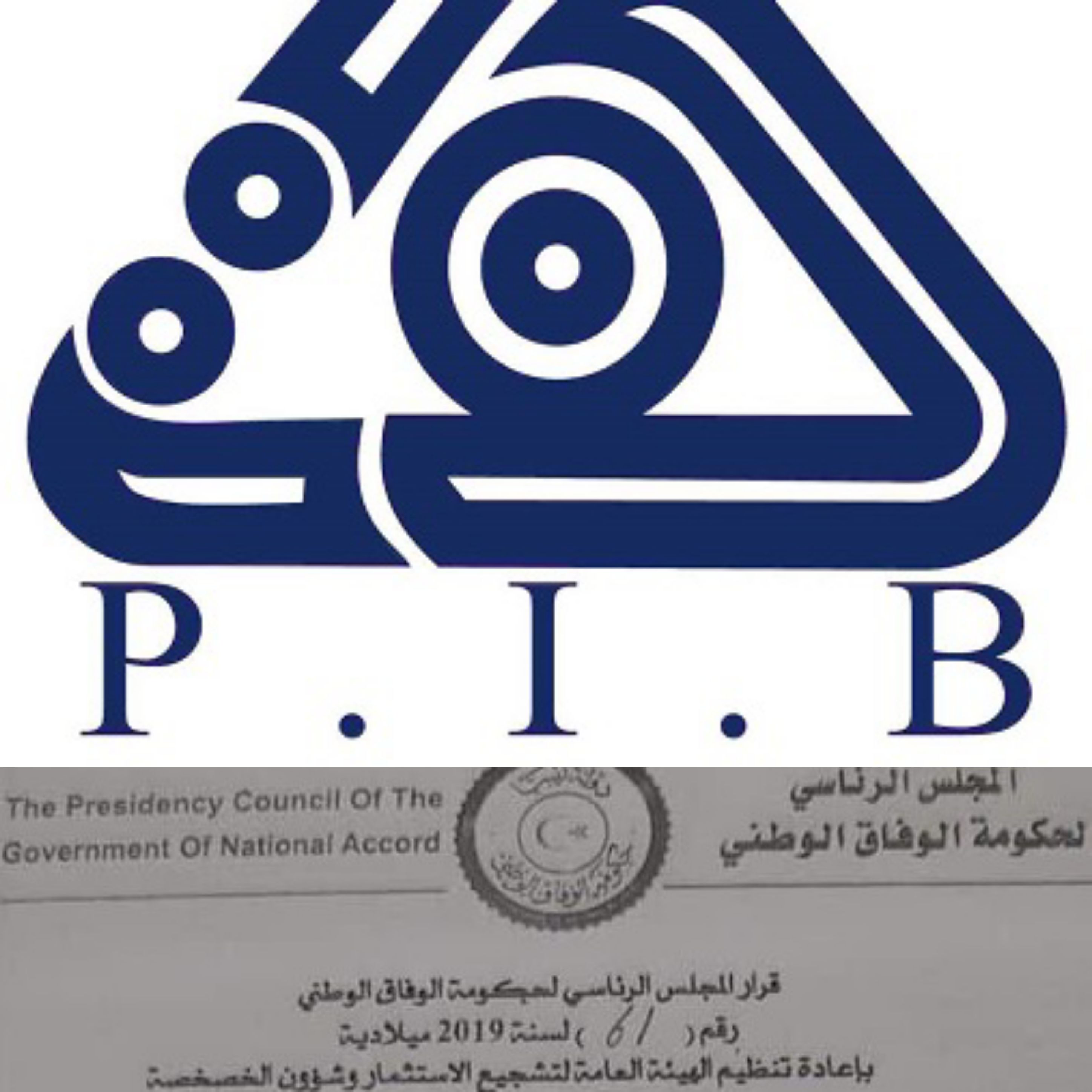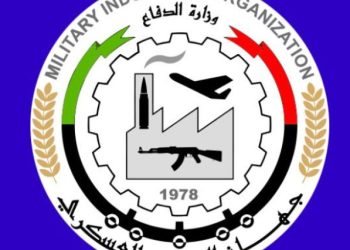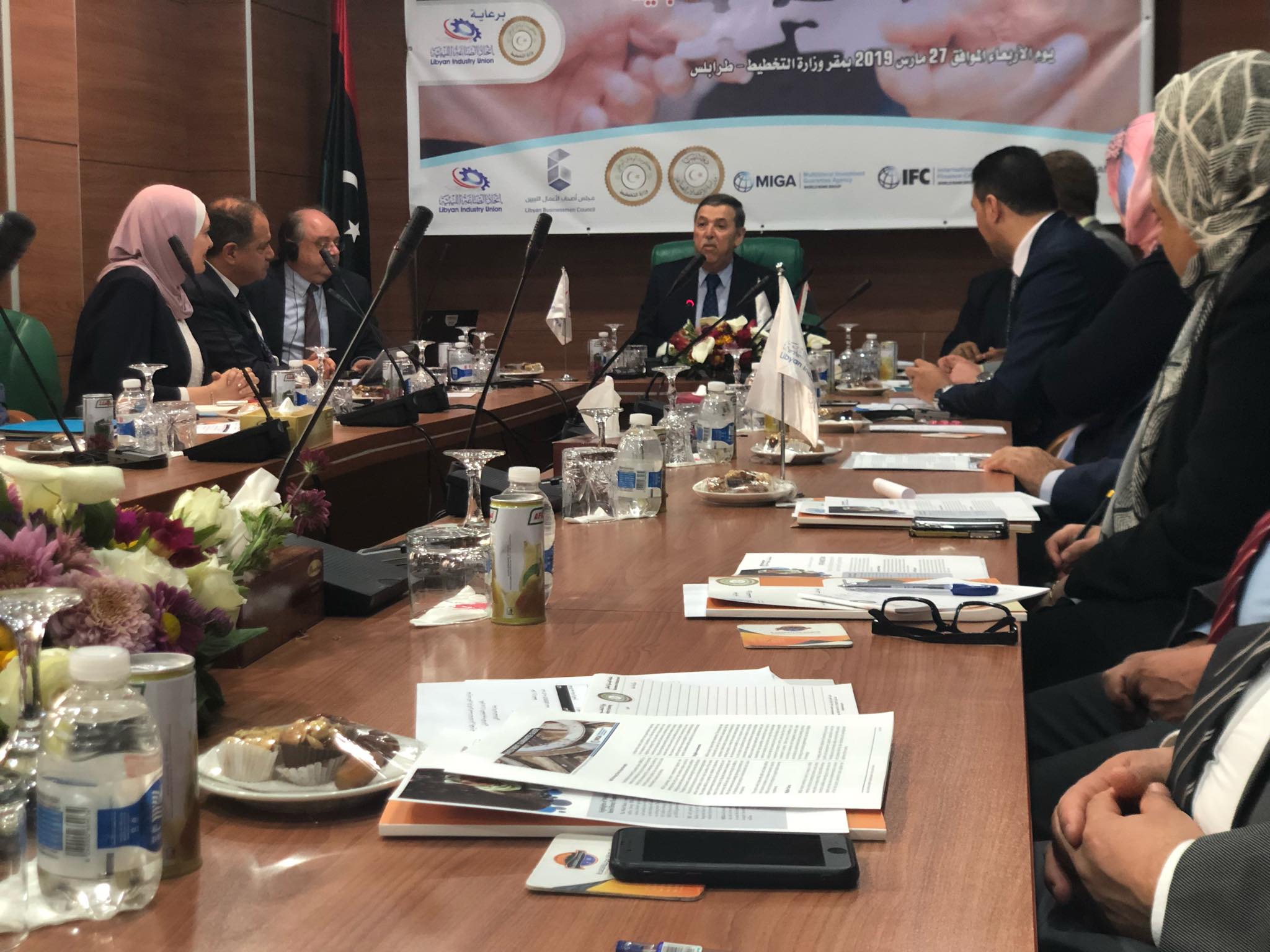By Sami Zaptia.

London, 28 March 2019:
Faiez Serraj, head of Libya’s internationally-recognized Presidency Council and Government of National Accord (PC/GNA), has appointed his Economy Minister, Ali Issawi (Essawi), as chairman of the country’s Privatization and Investment Board (PIB).I
The move came by virtue of Law 16 of 2019, which although issued last month has not been officially publicized. Article number 5 of Law 16, which Libya Herald has seen, appoints Issawi chairman of a board of directors consisting of five members from the Ministries of Finance, Planning, Employment and the Housing and Utilities Authority.

It will be recalled that the PIB, which is part of the Ministry of Economy, is the primary governmental body for encouraging private foreign investment in Libya through Law No. 9 of 2010, providing the primary legal framework for foreign investors.
Law No. 9 was passed prior to the 2011 revolution, under the Qaddafi regime. The subsequent post-revolutionary governments and parliaments have expressed their desire to amend and update this law to make it even more attractive to investors, in line with regional and international competitors and standards. But in reality, the law has remained as it is.
The PIB has also been the victim of Libya’s political polarization and division since the 2011 February revolution. While not splitting officially like the Libyan Investment Authority (LIA), the Central Bank of Libya (CBL) and the National Oil Corporation (NOC), for example, it nevertheless has split administratively into three different entities.
There are two people, for example, claiming to be the official heads of the PIB in Tripoli and another effective head in the east of Libya under the control of the Interim Government of Prime Minister Abdulla Thinni.
It must be said that sources at the ‘‘official’’ Tripoli PIB headquarters have told this publication that the eastern-based PIB has been cooperating and coordinating fully with Tripoli – whilst not getting on the wrong side of the eastern Thinni government. This is no easy task as the Thinni government has made it illegal to cooperate with any Tripoli-based executive authorities and threatened to take action against any transgressors.
The two Tripoli-based PIB ‘‘heads’’ came about as a result of the 2014 Libya Dawn coup and split and the installation of the National Salvation Government. One of the Tripoli ‘‘heads’’ has reportedly left Libya with the official PIB stamps and refuses to return to the country or return the official stamps.
In a forward-looking move, under Economy Minister Issawi, Serraj has sought to reunify and reinvigorate the PIB in an effort to prepare a more stable and secure Libya for new foreign investors.









